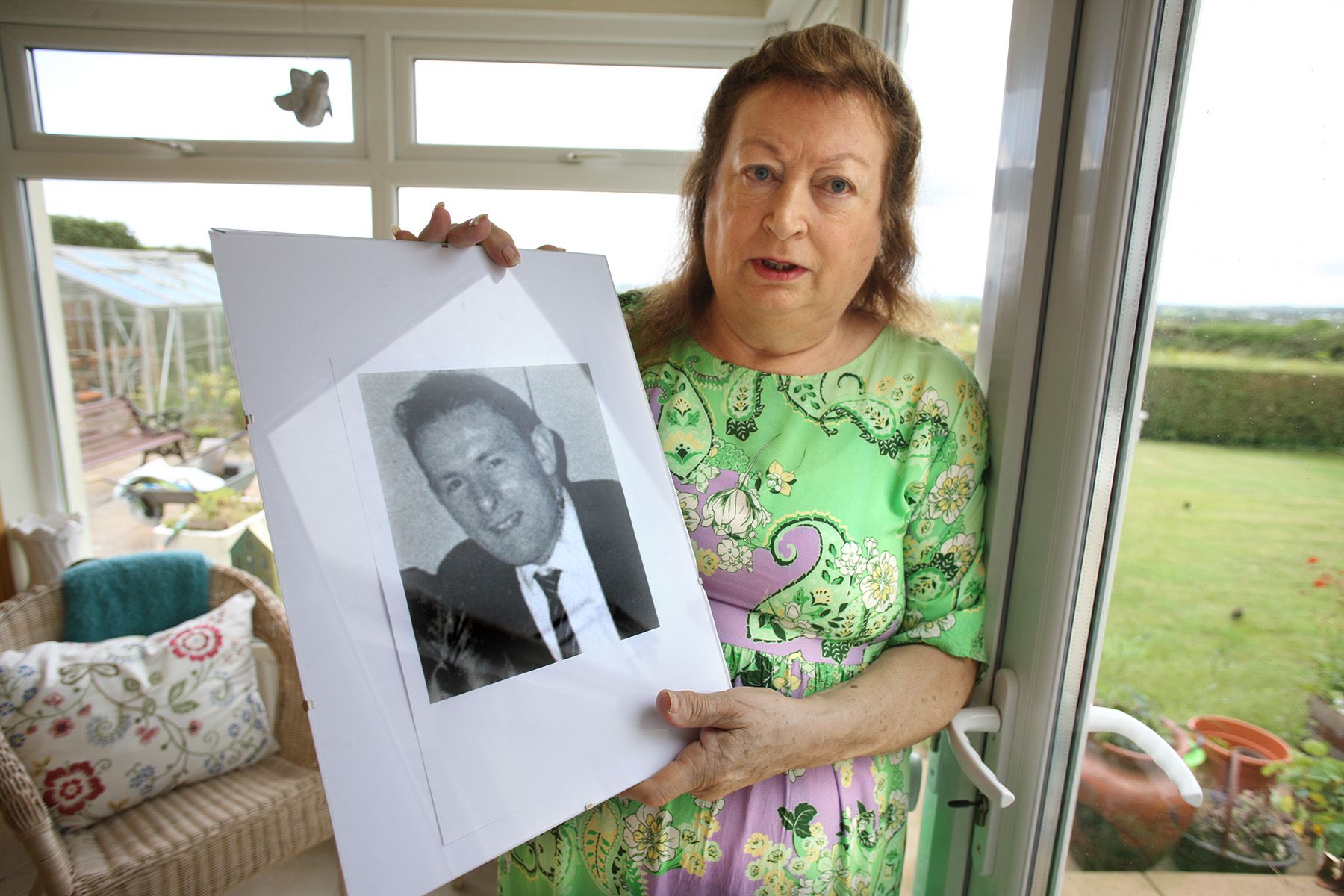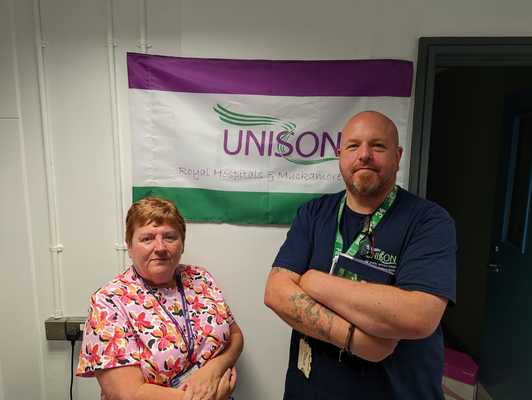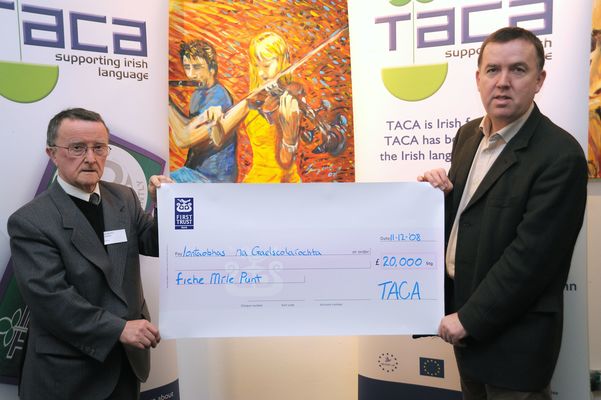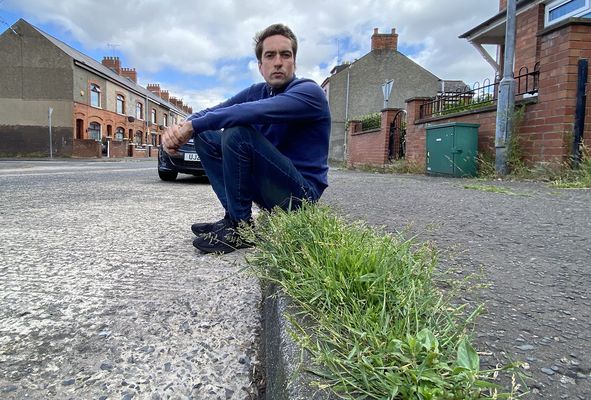THE daughter of West Belfast man who was gunned down by a shadowy British Army unit has appealed to other families bereaved by MRF to combine their efforts to achieve justice.
Patrick McVeigh (44) was shot dead by the Military Reaction Force at the junction of Riverdale Park South and Finaghy Road North on 13 May 1972.
Mr McVeigh had stopped to speak to unarmed members of the Catholic Ex-Servicemen’s Association, who were manning a civilian checkpoint, when plainclothes members of the covert MRF opened fire.
They shot four men, killing Patrick McVeigh and wounding the others. The unit also shot and injured a fifth man walking on the other side of the street.
In 2020, seven former British soldiers were referred to the Public Prosecution Service as part of an investigation into the MRF.
On Monday, the Coroner, Mr Justice Humphries, wrote to Mr McVeigh's daughter, Patricia McVeigh, stating that an inquest into his death is unlikely to be held for a number of years. The Coroner apologised to Ms McVeigh, stating that it is "unlikely" to be listed until year four or five of the Five-year Plan for legacy inquests. Year three cases were listed by the Coroner in March this year.
In a letter to the Coroner, Ms McVeigh said she believes her father's cases is being deliberately stalled by the state.
A police investigation into the MRF was ordered by the then Director of Public Prosecutions (DPP), Barra McGrory, in 2013. However, a file was not handed over to the Crown Prosecution Service (CPS) until 2020.
Protesting this morning in solidarity with the family of Jean Smith who was shot dead in 1972. For over 40 years the family had been told that Jean had been killed by the IRA, until 2015 when it emerged that she was in fact murdered by the MRF unit of the British Army. pic.twitter.com/LKNFclwuDC
— Fra McCann (@FramccannMLA) December 6, 2017
"These processes are so lengthy and yet we cannot have a new inquest until a decision is made on a prosecution," Ms McVeigh wrote.
"Two of the MRF soldiers have since died, including the alleged murderer of my father, [then] Sgt Clive Graham Williams, who is linked to a number of similar murders and attempted murders of civilians.
"I believe our case is being held up deliberately by the British Ministry of Defence (MoD) and PSNI, as the British state does not want to admit that its extra-legal forces murdered unarmed citizens in 1972.
"In 2016, we were told by Lord Chief Justice Declan Morgan that legacy inquests could be completed in five years, but the state deliberately withheld required funding from the coronial inquest system.
Evidence that the British Army's covert Military Reaction Force shot 17 unarmed civilians in Belfast in 1972. Paper Trail is investigating many more. Read .@trishdevlin's exposé: "Evidence points to terror" #MRF #Collusion #CoverUp pic.twitter.com/goDKyxKTpq
— Paper Trail (@papertrailpro) April 19, 2020
"As it stands now, we will be lucky to begin my father’s new inquest in over two years, but my mother is 90 years of age and infirm. She may not live to see justice for her husband, the father of her children."
Research by the charity Paper Trail revealed that the MRF was linked to at least nine shooting incidents – the majority in West Belfast – between May and June 1972. Amongst these was the killing of mother-of-two Jean Smyth-Campbell on the Glen Road, and Daniel Rooney in the St James' area.
Speaking to the Andersonstown News, Ms McVeigh appealed to the families of the MRF victims to come together to fight for justice.
"Other families are in the same position as us," she said. "There's strength in numbers and I feel that if we came together we'd be more likely to see some progress in our cases."
For those families bereaved through the activities of the MRF, Ms McVeigh can be contacted on 07596374758.







